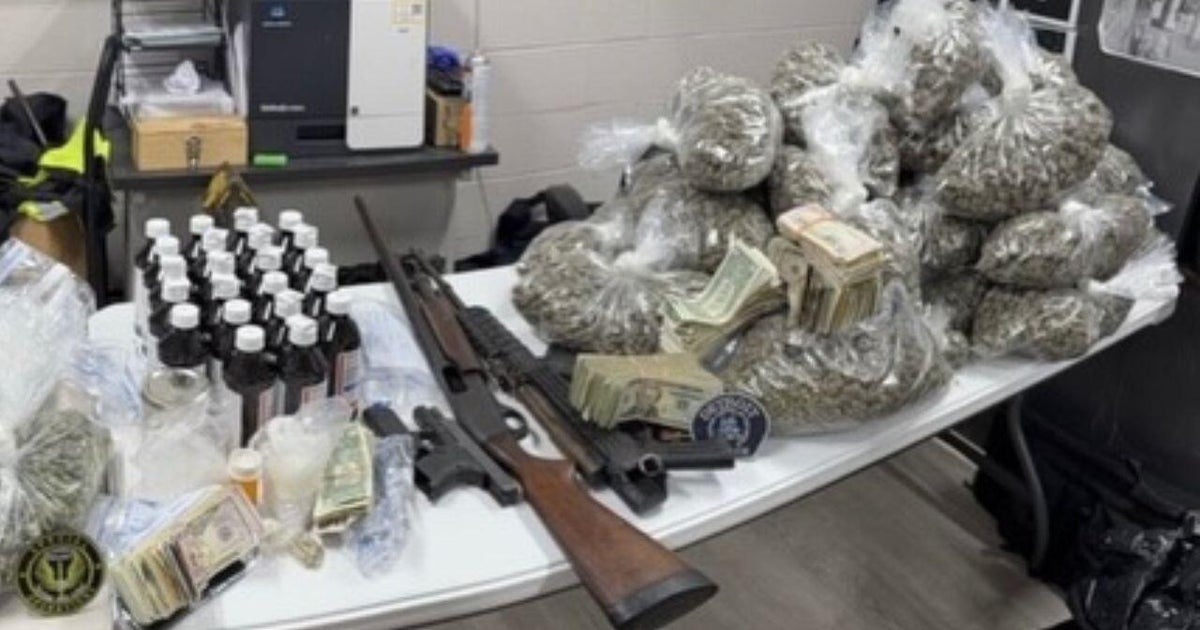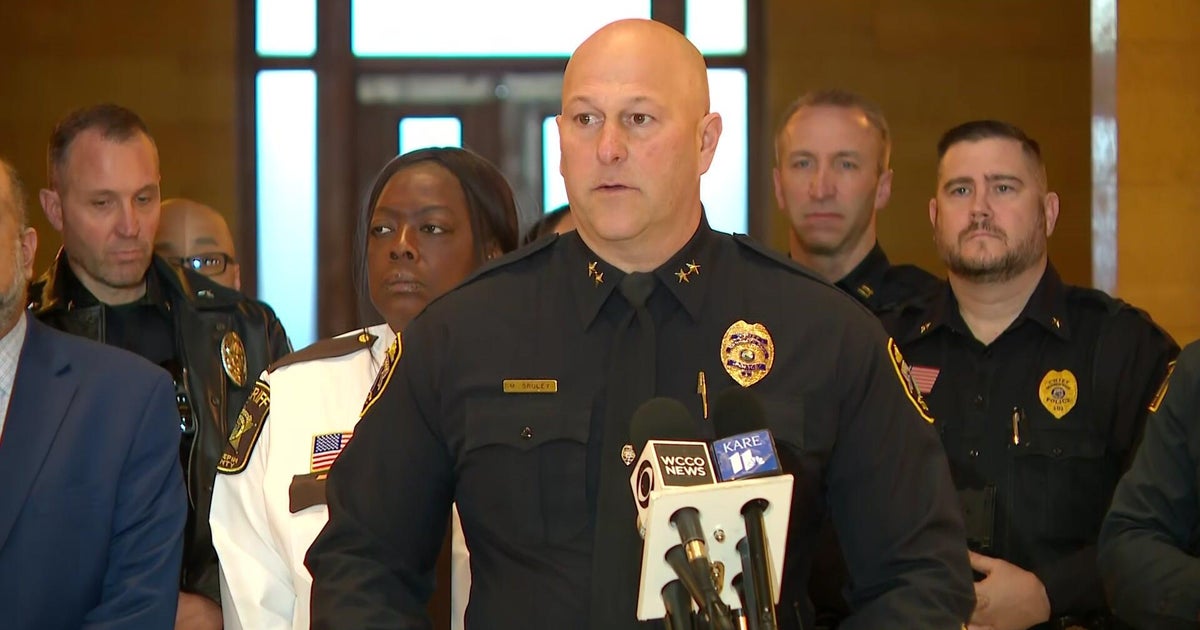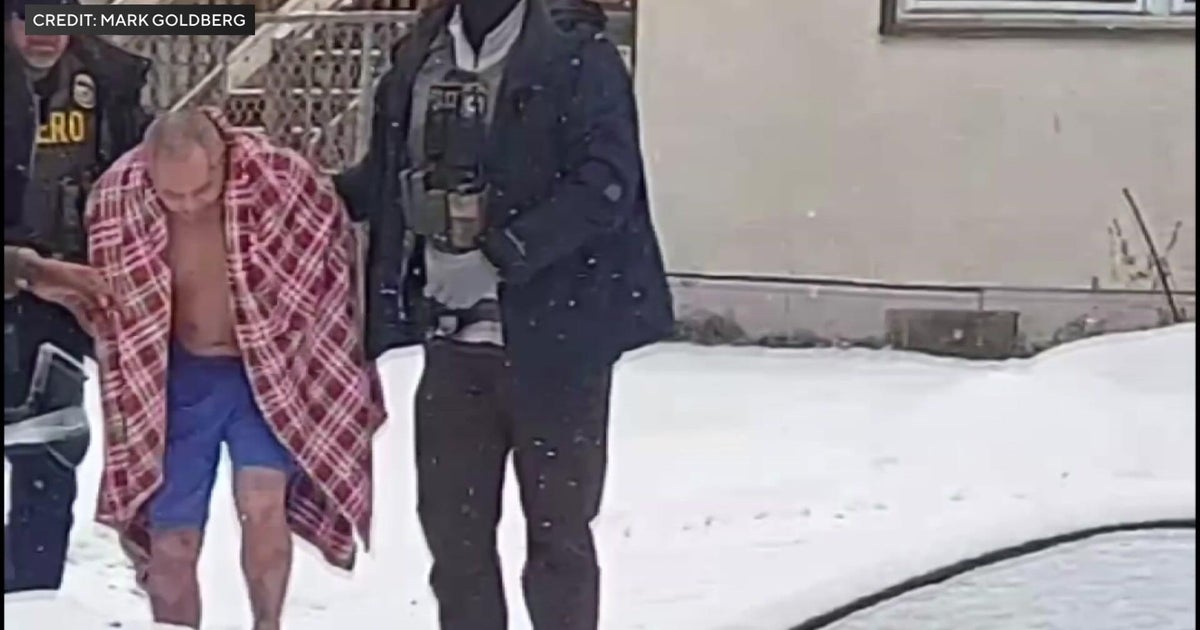Kentucky man sues after law enforcement seizes his car without a charge
A Kentucky man is suing the government over a program that seizes the property of suspects of a crime. The federal government took nearly $29 billion worth of money and property between 2001 and 2014. Most of it was seized without charging anyone with a crime.
Civil forfeiture was meant to help law enforcement break the backs of drug cartels when tying money or assets to a cartel boss can be difficult. Now, lawmakers on Capitol Hill are vowing to look into cases where property was seized from individuals for crimes they didn't commit, reports CBS News correspondent Jan Crawford.
In 2015, rancher Gerardo Serrano drove from his home in rural Kentucky to visit his cousin in Mexico. As he crossed the border in Eagle Pass, Texas, Serrano snapped a picture, drawing the attention of agents who pulled him out of his truck and started searching his vehicle.
"The next thing I know, one of the agents say, 'We got 'em!'" Serrano said. Then an agent showed him a magazine with five bullets in it, he said.
"I have a conceal-and-carry license," Serrano said.
"Was there a gun with them?" Crawford asked.
"No," Serrano said.
Serrano, a U.S. citizen, was detained for hours before agents informed him they would be seizing his new Ford pickup, accusing him of transporting "munitions of war" across a U.S. border.
The seizure was authorized under a program that empowers law enforcement to take money or property suspected of being linked to a crime. Even without a conviction, agencies often use the money, or auction off the property, and keep the proceeds.
The federal government's forfeiture fund increased from roughly $1 billion in 2007 to $4.5 billion in 2014, and in 26 states where records are public, more than $250 million was seized in 2012 alone.
After assuming office, President Trump vowed to roll back Obama-era restrictions on the program. In July, Attorney General Jeff Sessions followed through but promised more Justice Department oversight.
"I love that program," Sessions said Sept. 1 at a law enforcement conference in Alabama.
Since then, Sessions has trumpeted the program's successes.
"Taking drug dealers' money and passing it out to people trying to put drug dealers in jail. What's wrong with that?" Sessions said.
Officers like Montgomery County Police Chief Tom Manger argue the program shouldn't be eliminated because of a few bad actors.
"We cannot just allow people who have earned hundreds of thousands -- millions of dollars -- through criminal activity, to keep that money," Manger said, adding, "So let's find a way to do this right."
Twenty-five states have passed reforms in recent years to protect citizens from forfeiture abuse, but the Institute for Justice still grades most protections as below average, giving the federal government a D-.
Robert Johnson is a lawyer with the institute who has taken on Serrano's case pro bono. He said the current federal policy provides a big loophole.
"You could still be pulled over by a state police officer who says, 'Oh, gosh. You have cash in your car. I wanna take it.' And instead of forfeiting it under state law, I'm gonna transfer it to the federal government," Johnson said.
While many individuals admit guilt just to get their property back, Serrano, who relies on his truck for work, has paid nearly $20,000 while waiting for his day in court.
"I wanted the judge to see this. And I want them at some point to stop this policy," Serrano said.
"Do you ever think, 'I'm an American. I'm an American citizen —'" Crawford started.
"Look, if they changed my government, I wanna know," Serrano said. "I need the Bill of Rights. If we don't have my rights, what have we got?"
Customs and Border Patrol told CBS News the agency doesn't comment on pending litigation, but emphasized agents are trained to uphold the law. Some critics hope that Serrano's case makes it to the Supreme Court, where conservative Justice Clarence Thomas has signaled opposition to the practice.







